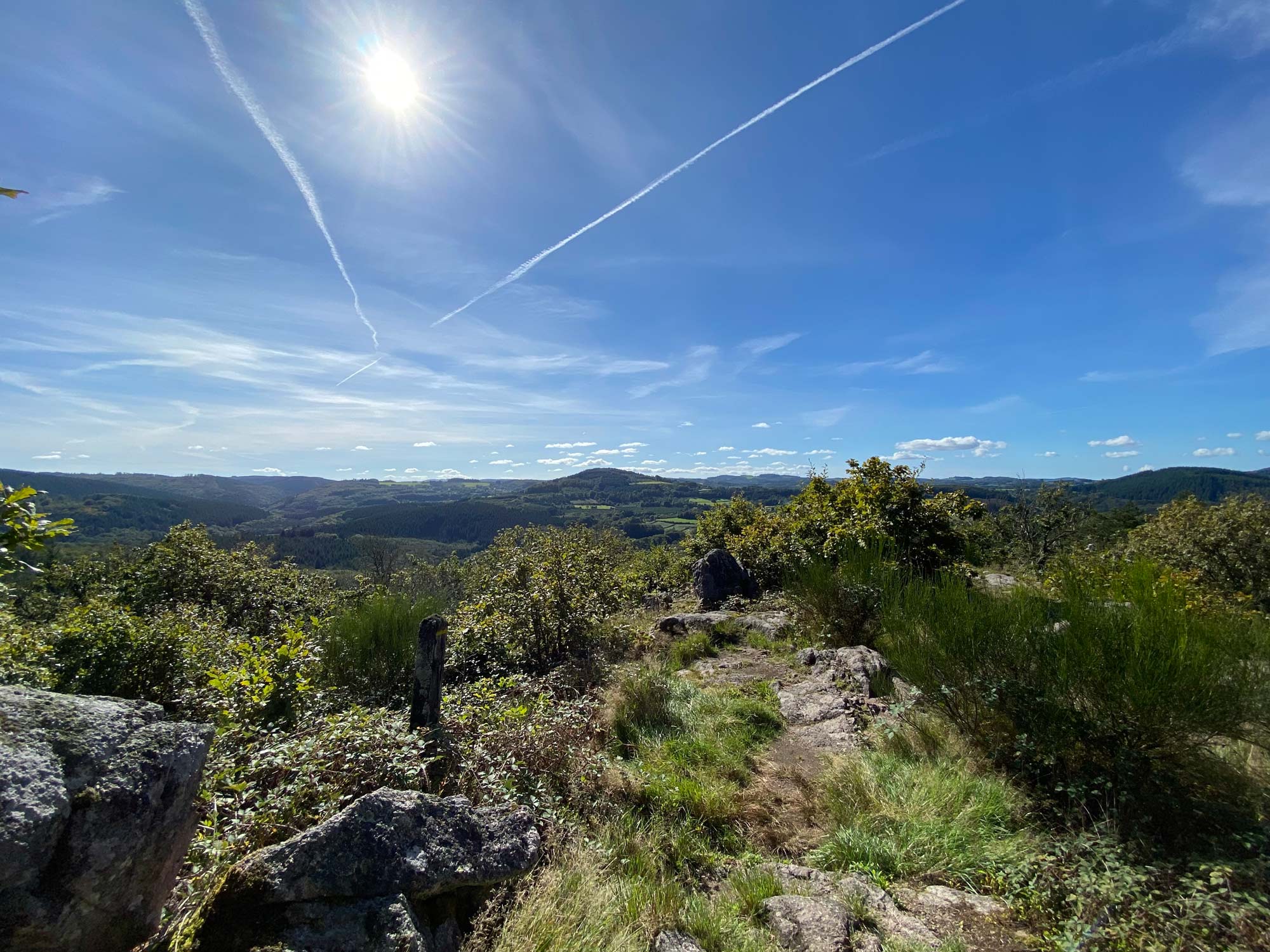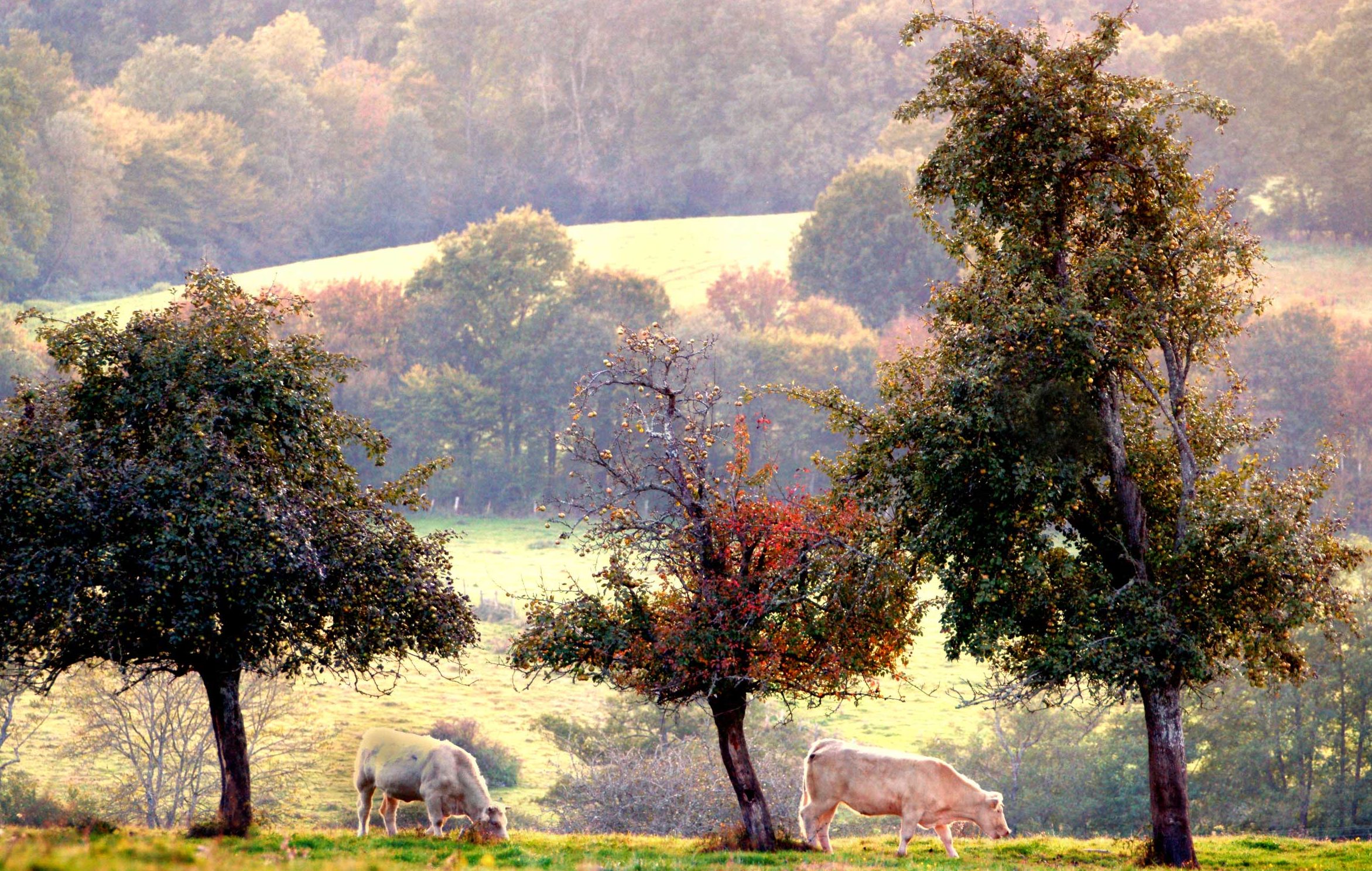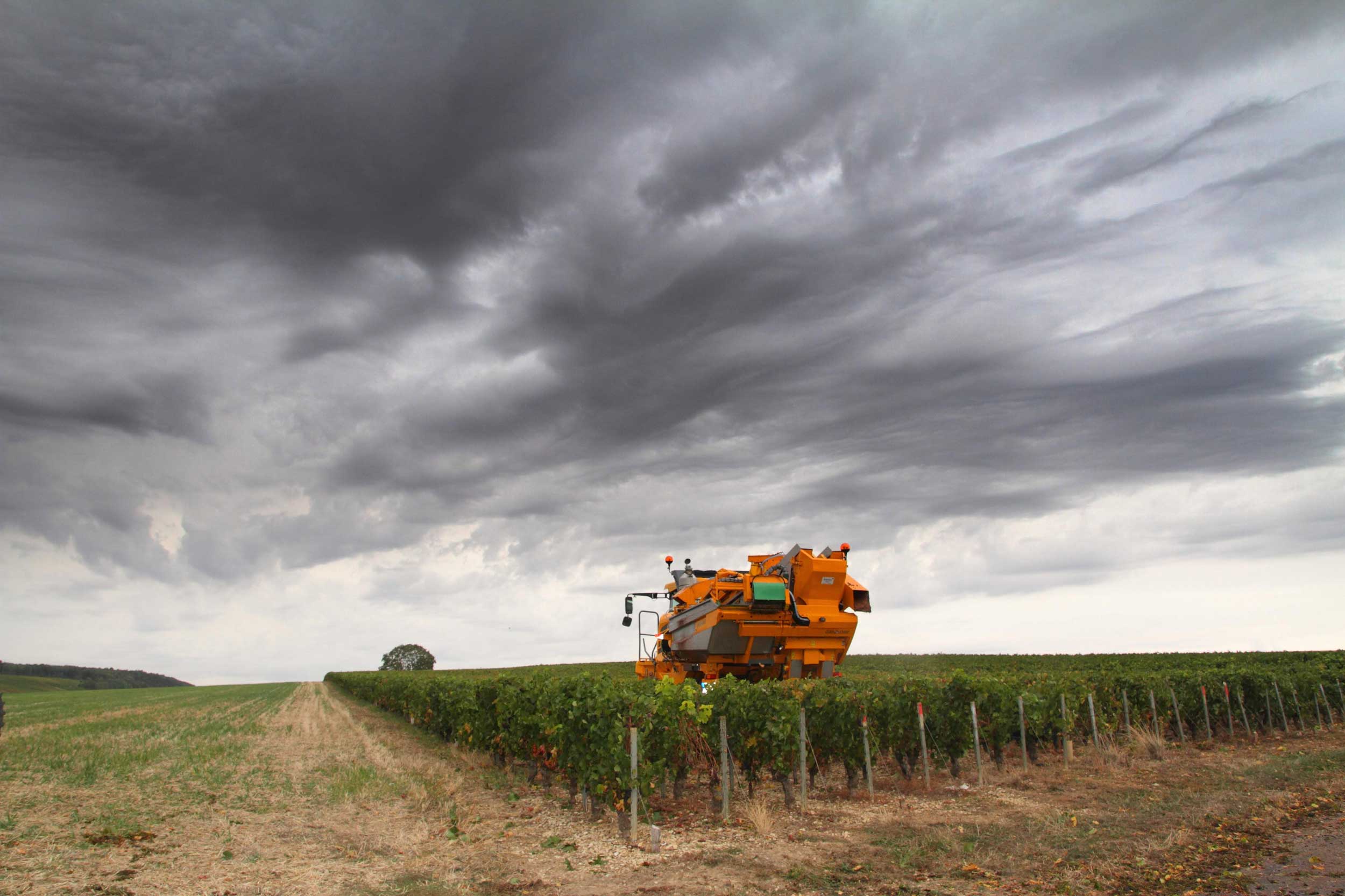Jean-Michel Lorain
The specificity of my know-how is to be the result of the work of 3 generations who worked to create the restaurant Côte Saint-Jacques and make it a unique house nestled on the banks of Yonne river
Lire plus
Yonne is a predominantly rural department, with landscapes designed for centuries by wine and cereal growing. At first sight it offers the image of a territory with an almost exclusively agricultural economy. But if its wines are proudly on the tables of the whole world and its agricultural production is of great wealth, most of its economy is in services, trade and industry.”
This diversity of economic actors which spread over the entire territory allows Yonne to be an attractive land.
With a road network, high-performance rail and river networks that connect all Europe, Yonne welcomes all entrepreneurs looking for a dynamic framework with modern equipment for the success of their projects.
Every year an average of 3,000 businesses are created in Yonne. Agriculture, industry, commerce, tourism, crafts, services… Yonne economy is strong because of the variety of its activities that makes its wealth.
The specificity of my know-how is to be the result of the work of 3 generations who worked to create the restaurant Côte Saint-Jacques and make it a unique house nestled on the banks of Yonne river
Lire plusUnveiled at the 2022 edition of «Cité 89», the vehicle of the company AJ Services 89 caused a sensation in Yonne’s microcosm.
Lire plusThe «FANUC CRX Tour» is a technological concept carried by the eponymous Japanese manufacturer of collaborative robots. It made a remarkable stop in «NEED ROBOTICS», a company located in Sens and well anchored in the professional world of cobotics.
Lire plus

A land of terroirs
With 66% of farmland and wines that make it famous around the world, the Department of Yonne proudly displays its rural identity. Its 4,300 farms and 12,256 employees offer a variety of food to all gourmets who love quality products. Yonne’s farmers grow vines, cereals, fruits, vegetables and raise cattle, poultry, pigs and, of course, the famous snails of Burgundy. Among the most popular local products are cherries, potatoes, cucumbers, lentils, honey and jam, as well as cheeses of character with Chaource, Soumaintrain, Saint-Florentin and Délice de Bourgogne.
But above all Yonne stands out because of its viticulture, with the vineyards of Chablis, Auxerre, Joigny, Tonnerre and Vézelay. The production of Chablis alone represents 72% of Yonne’s vineyard and 19% of the Burgundy vineyard, or 34.3 million bottles per year for an estimated revenue of 273 million Euros. The AOC exports of Chablis, Irancy, Saint-Bris and Vézelay amount to 201 million Euros per year.
Further north, the vineyard of Sens, renowned since antiquity had disappeared in the aftermath of World War I, following the ravages of Phylloxera, a small insect from the United States-United. It was born again on the heights of Paron with the goal of reconquering the tables of fine gourmets.
Concerned about the environment and the land they passionately value, Yonne’s farmers have in recent years developed organic farming which now represents 12.5% of the useful agricultural area. Yonne is one of the first departments in France. More generally, it is the entire Yonne sector that is committed to a sustainable and valorization approach with quality labels and local supply channels.
An international industry
Department of terroirs and traditions, Yonne is also an industrial region with 2202 companies employing 16,854 persons. The main employers are Prysmian Cables and Systems, Duc, Volefi, HMY France, Davey Bickford, Eurial Ultra Frais, Fruehauf, Pneu Laurent, Valéo Vision, Tradival, T.EN Loading Système, Smasmann Precision Tubes France, Dynaplast, Aluminimum France Extrusion, Yoplay Production France and Laboratoires Macors.


The agglomerations of Auxerre and Sens are the first two industrial centres in Yonne. Then there are Migennes and Saint-Florentin, railway stations historically located on the Paris-Lyon-Marseille axis.
Yonne’s know-how, modern infrastructure and quality of life are recognized internationally as the Department hosts 47 industrial companies with foreign capital. It is also through their know-how and professionalism that the territory’s 8,043 artisans meet all the needs of the population in a variety of sectors.
The agricultural, industrial and artisanal productions of Yonne are also appreciated beyond the department’s limits and national borders since exports represent annually more than 1.3 billion Euros.
A shared heritage
While 14,960 persons are working in 4,355 businesses, the tertiary sector is the main economic force in Yonne, employing 30,505 persons in 9,210 companies, out of a total of 67,807 salaried jobs.
With a great historical and cultural heritage and remarkable landscapes, Yonne is a privileged destination for tourists looking for authenticity.
To welcome visitors from all continents, Yonne has 127,119 tourist beds and 1,026 catering establishments. Heirs of an exceptional gastronomy that combines tradition and innovation, three of these restaurants are Michelin-starred: La Madeleine in Sens, Le Château in Vault-de-Lugny and La Côte-Saint-Jacques in Joigny.
While the entire territory is home to magnificent monuments, the Basilica of Sainte-Marie-Madeleine in Vézelay is a remarkable place that welcomes more than 800,000 visitors a year, making the abbey city the first tourist destination in Yonne.
The digital revolution
With the deployment of optical fibre throughout the departmental territory, all these economic sectors benefit from an increasing attractiveness for the development of their activity. This digital revolution puts Yonne one click from Paris and the rest of the world. A road, rail and river crossroads essential for its history and its privileged geographical location, the connection of Yonne to the very high-speed internet network offers entrepreneurs from all horizons, who seek to reconcile speed, accessibility and serenity, the optimum conditions and resources for their success.


Initially planned to be achieved in 2030, the deployment of optical fiber in Yonne will be fully operational in the second half of 2023. In 2018 the territory decided to accelerate its digital agenda, thus showing its willingness to avoid the digital divide between Yonne and the rest of France, on the one hand, and within the territory, between rural and urban areas, on the other hand. By connecting the 225,000 homes and premises in Yonne to optical fiber by 2023, the Department will have won its bet, while being two years ahead of the Government’s Plan France of 2013.
On the eve of the 2024 Paris Olympic Games, anywhere on the territory – whether in an isolated farm or in a building in downtown Auxerre –, all Yonne inhabitants will benefit from the same access to very high speed internet. A digital revolution that allows everyone to watch sports events on their screens like any viewer on the planet.
To try this technical challenge within a very limited time, Yonne chose pragmatism. To meet the territory’s specific technical constraints, three projects have been chosen to cover the entire territory: a public initiative network entrusted to BFC Numérique, with the project management by the Department for 20% of the sockets, a public service delegation entrusted to Yconick for 60% of the sockets, and a deployment by the Orange operator for the remaining 20% of the sockets in the urban areas of Auxerre and Sens. These three networks are open to all internet providers.
In order to preserve the beauty of the landscapes and tourist sites, a new real network – mainly underground – has been made. 67 optical connection nodes were implemented to connect the local network to the national network. These nodes can serve up to 5,000 households. They are connected to 396 optical sub-splitters, themselves connected to optical connection points supplying very high speed Internet to 5 to 10 households. Located a hundred meters from the home, the optical connection point is where the operator’s technician connects the optical termination socket, a small box on which the internet box connects.


This last connection now allows all people, entrepreneurs or employees, health professionals or patients, single persons or people living in a family, to enjoy a privileged environment as Yonne is now less than a digital microsecond away from Paris, Abidjan, New-York, New-YorkDehli, Beijing, Rio de Janeiro or Sydney.
A symbol of the handover between history and modernity, the last NRO was installed in December 2022 in Vézelay, at the foot of the eternal hill, where pilgrims from all over Europe once met, exchanged and shared on the route to Santiago de Compostela.
Already a major communication hub in the Middle Ages, Vézelay and, more generally, Yonne perpetuates their tradition of bringing people and cultures closer together. Today, social interactions are changing with the development of telework, telemedicine, and video calls for private and family relationships, the deployment of optical fiber widens the field of possibilities from north to south of Yonne. Yonne is the catalyst of tomorrow’s projects, a digital land where everything goes very fast, faster and faster. Yonne invites you to imagine yourself in a green environment anyone can reach in one click!